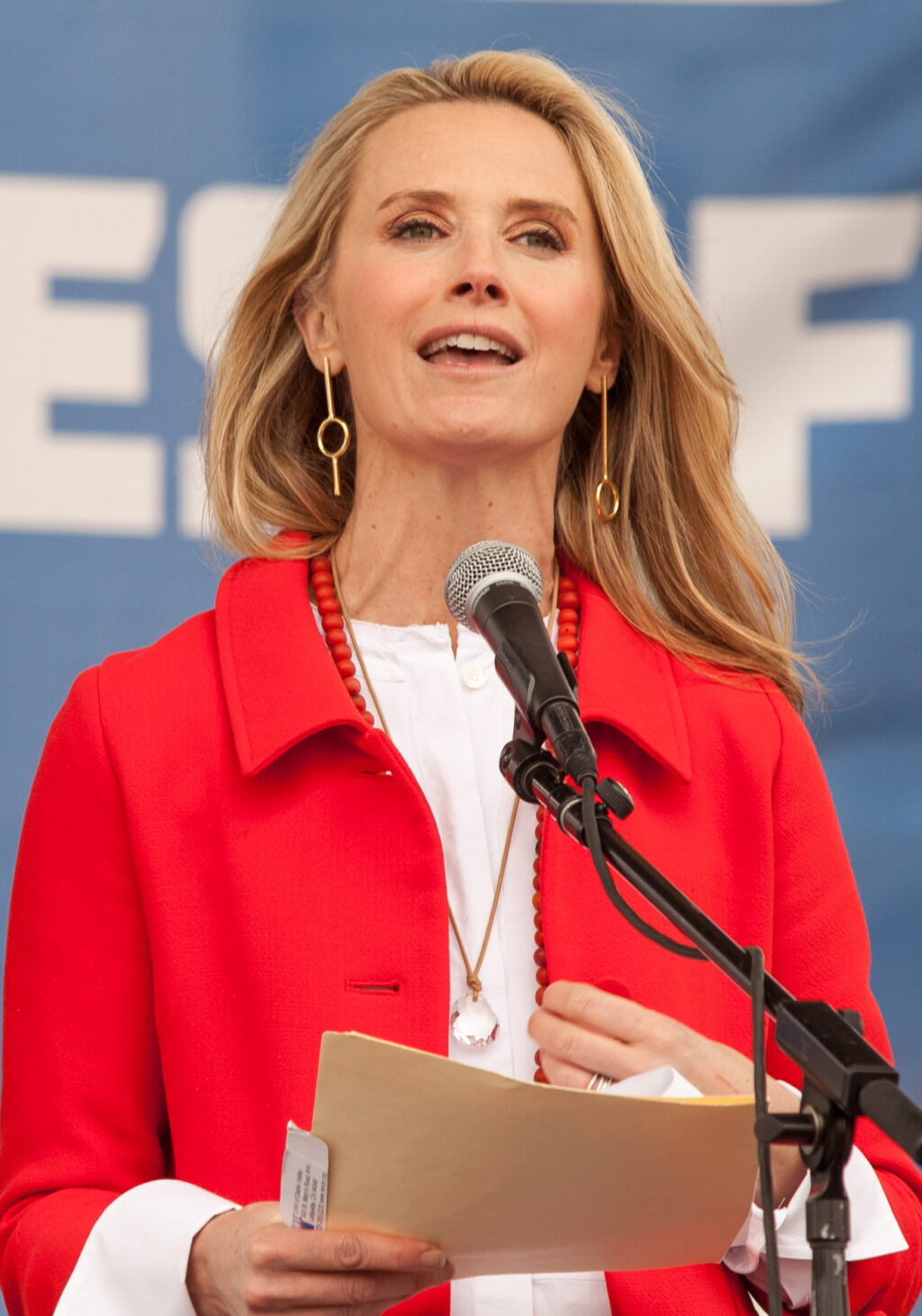
Introduction
In the realm of California politics, the significance of personal relationships can often shape public perception and influence policy. Jennifer Siebel Newsom, the wife of California Governor Gavin Newsom, plays an influential role not only as a supportive partner but also as a proactive advocate for several social issues. Understanding her contributions is vital to grasping the broader context of governance and social reform in California.
Jennifer’s Background and Advocacy
Born on June 19, 1974, Jennifer Siebel Newsom is a filmmaker and advocate for women’s rights. She gained recognition for her documentary work, notably ‘Miss Representation,’ which highlights the underrepresentation of women in media and politics. Beyond her work as a filmmaker, she co-founded the nonprofit organization, The Representation Project, which aims to inspire social change by challenging gender stereotypes.
Since her marriage to Gavin Newsom in 2008, Jennifer has both supported and influenced her husband’s political career. She has been an outspoken advocate for issues such as gender equity, early childhood education, and mental health, using her platform to raise awareness and push for reforms. During her time as First Partner of California, she has been vocal about the challenges women face, particularly in light of the ongoing discussions surrounding the COVID-19 pandemic.
Recent Developments
As of 2023, Jennifer continues to leverage her position to foster dialogue and promote initiatives that aim to improve the lives of Californians. Recently, she participated in a virtual summit focused on mental health, discussing the importance of addressing mental health issues as they affect families and communities disproportionately during the pandemic. Her active participation in current events cements her role not just as the governor’s wife, but as an agent of change in her own right.
The Impact of Jennifer’s Work
The influence of Jennifer Siebel Newsom extends beyond traditional notions of a political spouse. Her initiatives have fostered community engagement and legislative support for critical issues facing California. For instance, her focus on early childhood education has brought together various stakeholders to advocate for better funding and resources for California’s youngest residents.
Conclusion
As the wife of Governor Gavin Newsom, Jennifer Siebel Newsom plays a vital role in shaping discussions around pressing social issues. Her advocacy for gender equality, mental health, and early childhood education highlights how the personal and political can converge. Moving forward, her contributions are expected to continue influencing policies that seek to address systemic inequities in California. For residents and observers alike, Jennifer’s work serves as a reminder of the vital role that passionate advocacy plays in governmental affairs.



